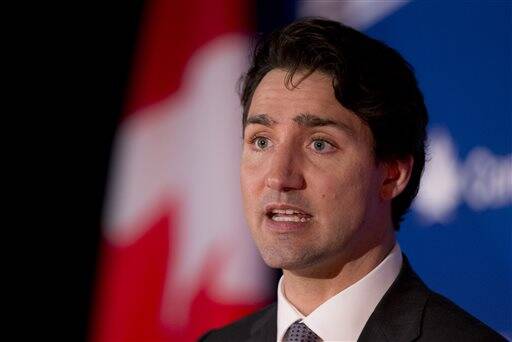A proposed new bill to legalize physician-assisted suicide in Canada has drawn strong opposition from an impressive coalition of religious voices. Standing together at a press conference on April 19, Catholic, Jewish, evangelical and Muslim leaders registered their grave concern about the measure proposed by Prime Minister Justin Trudeau and made an admirable pledge: “Our churches, synagogues and mosques are committed to comfort and care for those who are dying and their families.”
Unfortunately, the prime minister’s Liberal Party controls the House of Commons and is expected to pass the measure sometime after the current ban on the practice expires in June. The proposal would make it legal for doctors to prescribe life-ending drugs and would allow nurses and family members to administer the dosage.
A few members of the Liberal Party have said they would not back the bill for religious reasons. On this question, at least, Prime Minister Trudeau does not appear to require strict adherence on the part of his M.P.’s; in 2015 he mandated that any Liberal who sought the party’s support had to agree to vote in favor of pro-choice legislation. Like many who favor legalizing physician-assisted suicide, Prime Minister Trudeau argues from personal experience: in his case, the slow decline of his father, former Prime Minister Pierre Trudeau, who suffered from Parkinson’s disease. Yet as pro-life advocates have argued time and again, there are always palliative options for patients who suffer grave illness. Canada’s religious leaders are calling for increased access to palliative care and appropriate conscience protections for health care workers. If the bill passes, these protections must be included. Catholic Charities and other religious groups should be allowed to continue their life-affirming ministry to the dying without any government interference.








